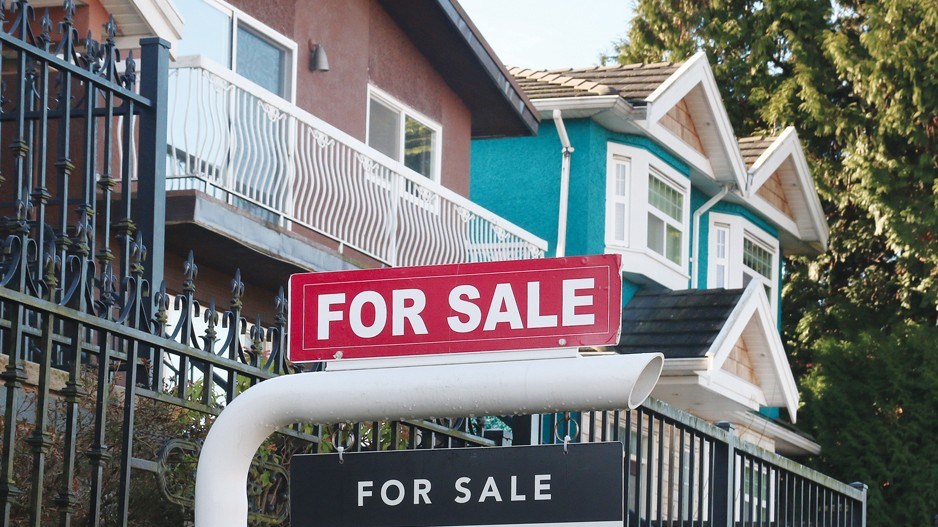For the past few years, we have seen a significant proportion of British Columbians identifying housing, homelessness and poverty as the most important issue facing the province and the country. The numbers are unique across Canada. Quebecers are now more likely to be concerned about environmental issues, while the economy and jobs is the prevalent worry in Alberta.
In British Columbia, the barrage of new housing taxes began under the government of Christy Clark and the BC Liberals in 2016, with the announcement of a 15% foreign buyer’s tax for properties in Metro Vancouver. While the tax was immensely popular, with support for its implementation reaching 76%, most British Columbians did not regard it as a perfect solution. More than two-thirds (68%) expected the legislation to be unsuccessful in making it easier for British Columbians to afford a home.
A few months later, Clark failed to secure a new term in office, and the incoming BC New Democratic Party (NDP) government introduced new housing measures. When Research Co. and Glacier Media recently asked British Columbians about these policies, they continue to be regarded in a positive light by a majority of residents.
Three in four British Columbians are in favour of two modifications that the current government made to the foreign buyer’s tax it inherited: expanding the tax to areas outside of Metro Vancouver (75%, down four points since 2020) and increasing it to 20% from 15% (also 75%, down four points).
More than two-thirds of the province’s residents also support the introduction of a tax of 0.2% on the value of homes between $3 million and $4 million, and a tax rate of 0.4% on the portion of a home’s value that exceeds $4 million (69%, down seven points) and with an increase in the property transfer tax to 5% from 3% for homes valued at more than $3 million (67%, down five points).
The supposedly controversial “speculation tax” is still well received, with 70% of British Columbians (down seven points) agreeing with its implementation in specific urban areas targeting foreign and domestic homeowners who pay little or no income tax in the province and those who own second properties that are not long-term rentals.
Aside from the guidelines that are already in the books, we continue to see more than seven in 10 of the province’s residents (72%, down six points) calling for a “New Zealand-style” regulation that would ban most foreigners from buying real estate in Canada.
While sizable majorities of British Columbians continue to favour the five most recent housing measures, support is not as high as it was a year ago. However, the main complexity that this survey outlines for the government is the growth of cynicism on just what these popular taxes will mean to those who are interested in entering the real estate market.
Last year, a majority of British Columbians (57%) expected the actions of the provincial government to be effective in making housing more affordable in the province. This year, the positive emotional connection between current policies and future aspirations is drastically lower, at 42%.
In different terms, this means that the perception of housing taxes enabling more people to acquire property went from a margin of almost two to one to an even split among British Columbians. Yes, the housing taxes are backed by most, but the notion of growing opportunities for residents is no longer as glowing.
As the province begins to get ready for a return to life after the COVID-19 pandemic, there is an inherent danger for the provincial government when it comes to the housing file. The lessons of 2016 and 2017 are worth remembering.
Back then, a provincial administration that had overstayed its welcome was starting to be seen in a more contemptuous light by voters. This survey provides a cautionary tale. The housing taxes are still popular, but fewer residents think they will work to get more people inside their own homes. •
Mario Canseco is president of Research Co.
Results are based on an online study conducted on June 1 and June 2 among 800 adults in British Columbia. The data has been statistically weighted according to Canadian census figures for age, gender and region in British Columbia. The margin of error, which measures sample variability, is plus or minus 3.5 percentage points, 19 times out of 20.



